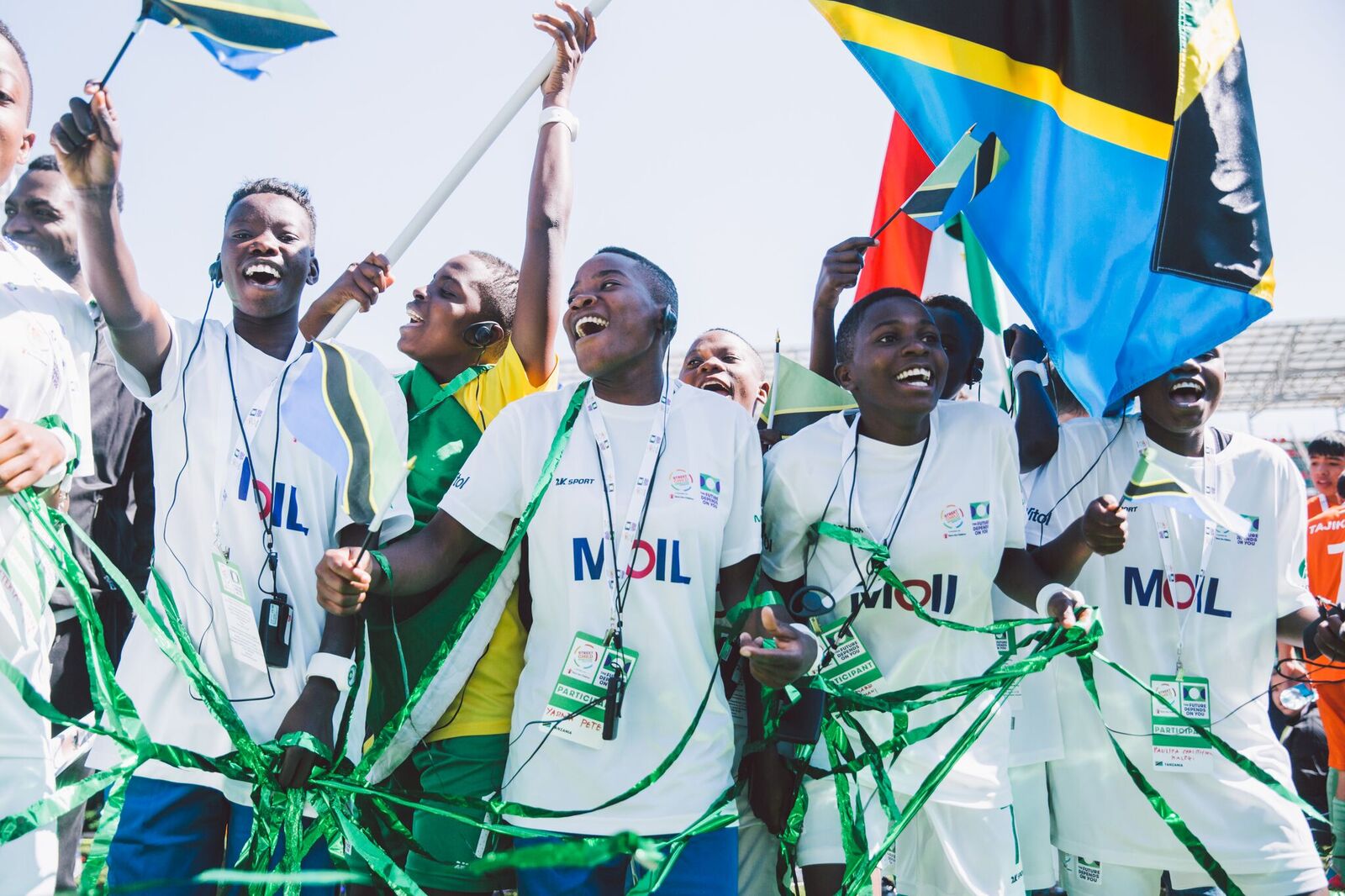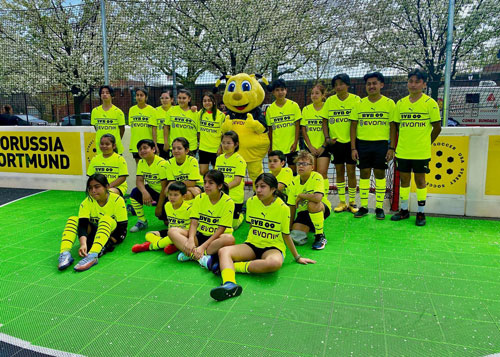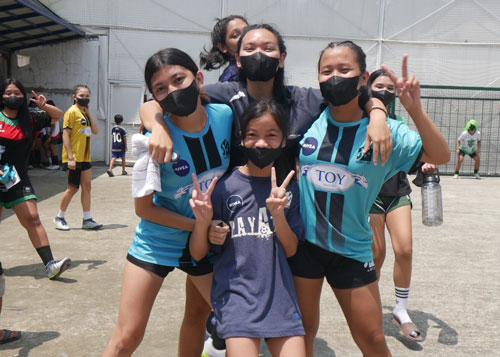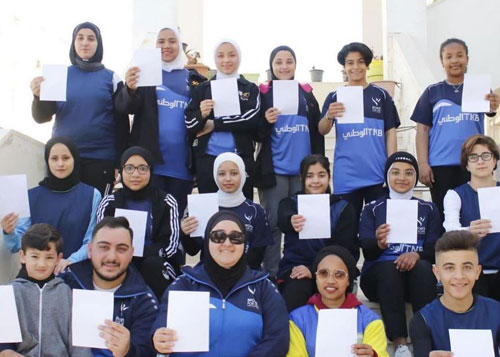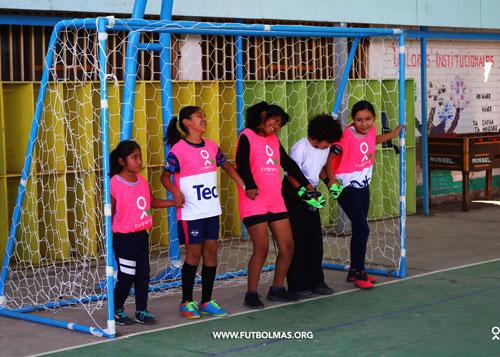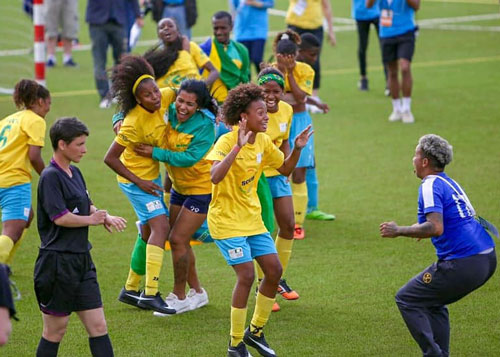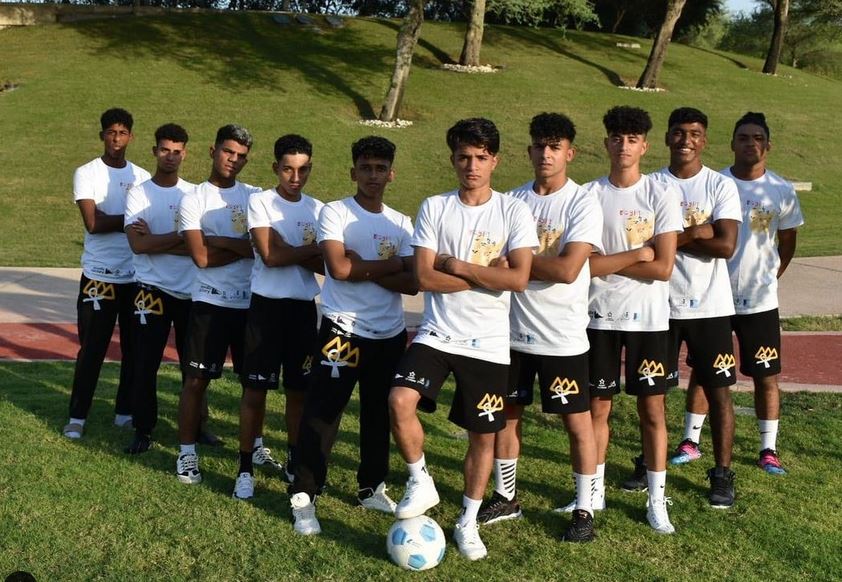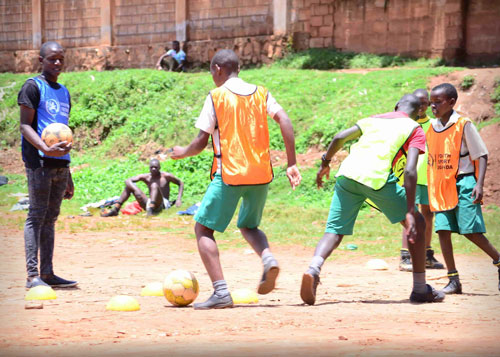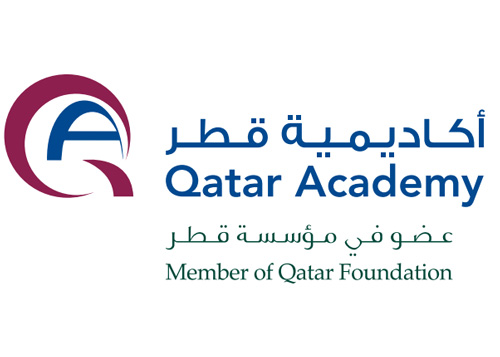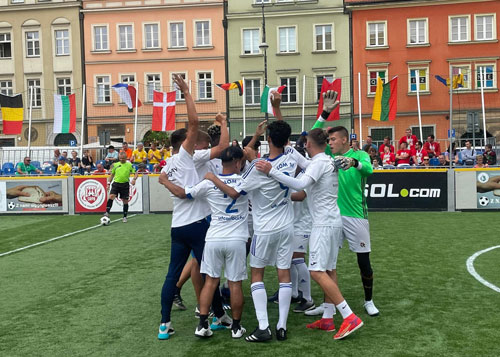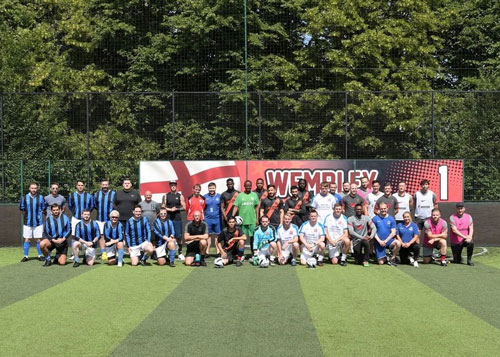TEAM APPLICATIONS FOR 2026 ARE OPEN!
SCU is excited to launch team applications for the Street Child World Cup 2026, to be held in North America.
/sport
RELIVE THE MAGIC OF QATAR
Ahead of the FIFA World Cup 2022, 28 teams, from 24 countries, representing street children across this globe came together for Street Child World Cup 2022 in Qatar. 13 girls team and 15 boys team participated in an international football tournament, a festival of arts and a congress, to champion the rights of underserved children worldwide.
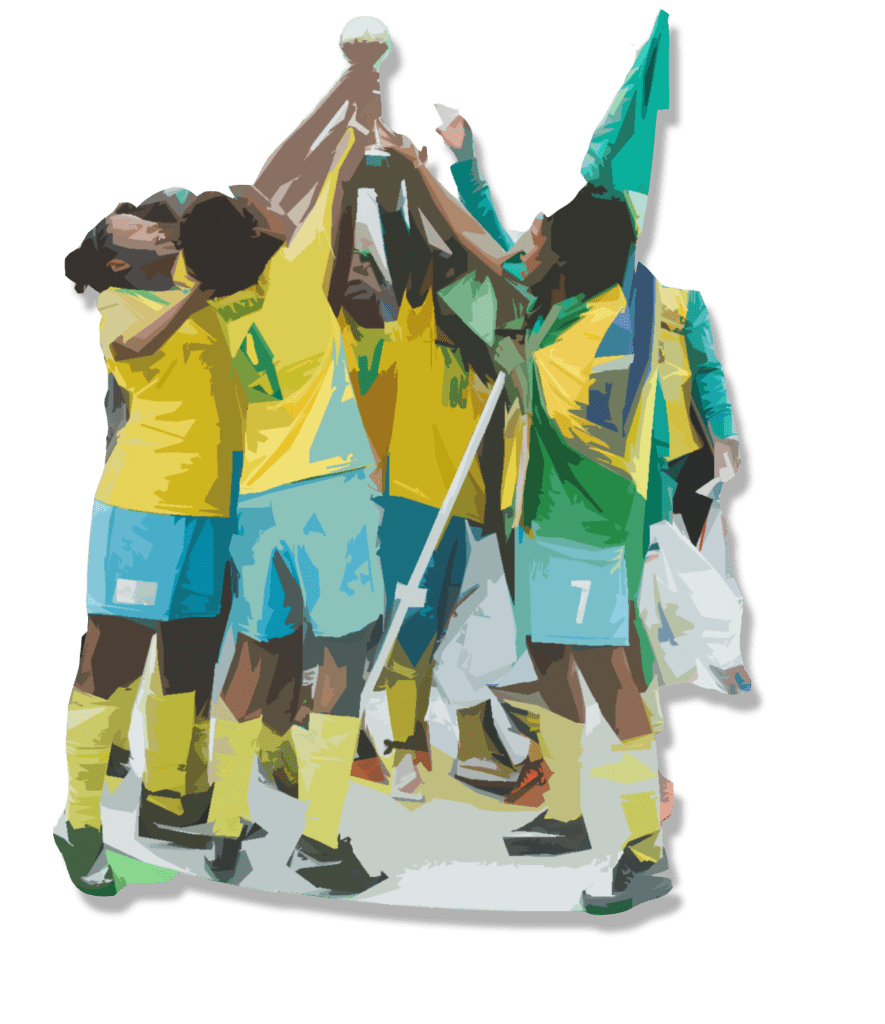
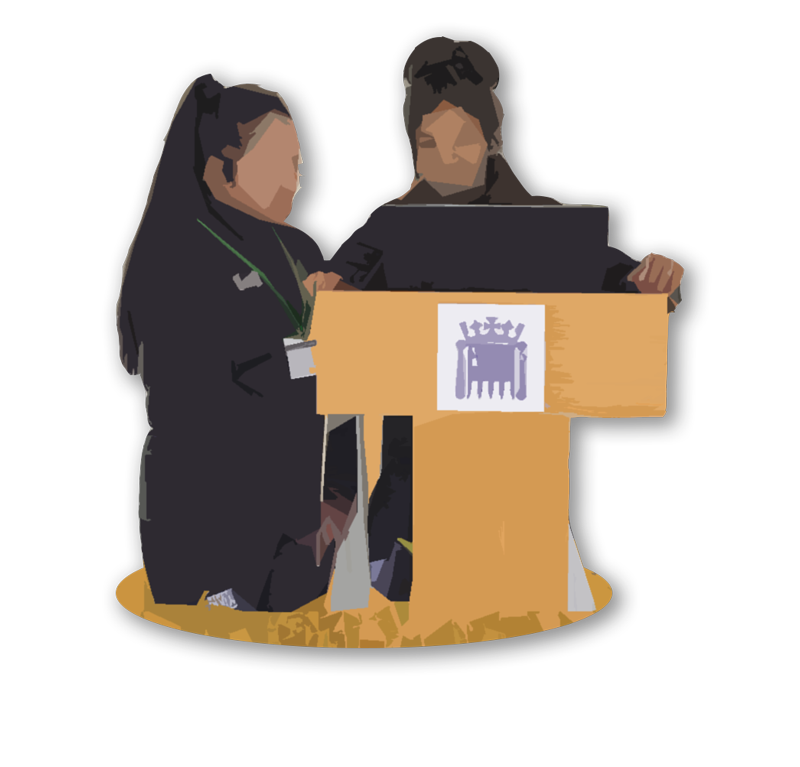
/advocacy
More than a game
SCU shines a spotlight on children living in street situations, the adversities they face and the fundamental rights they lack. It is our mission to change this by advocating for their core demands: identity, protection from violence, gender equality and access to education.
/art
A platform for expression
Art is used to help young people be creative, make friends and express themselves. Through painting, theatre, music and dance the young people overcome language barriers, have fun, laugh together and reflect on what’s going on.
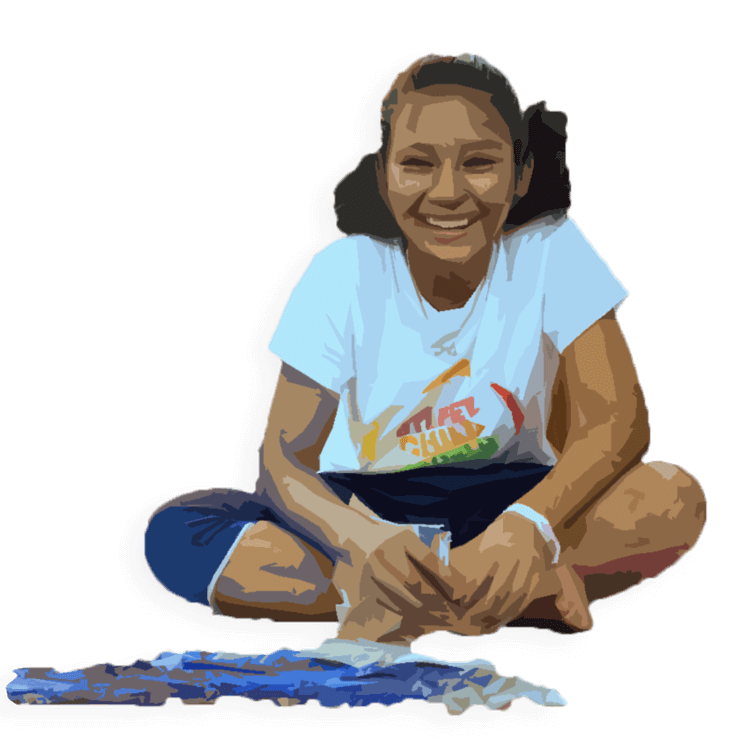
Girls Teams @ the 2022 SCWC
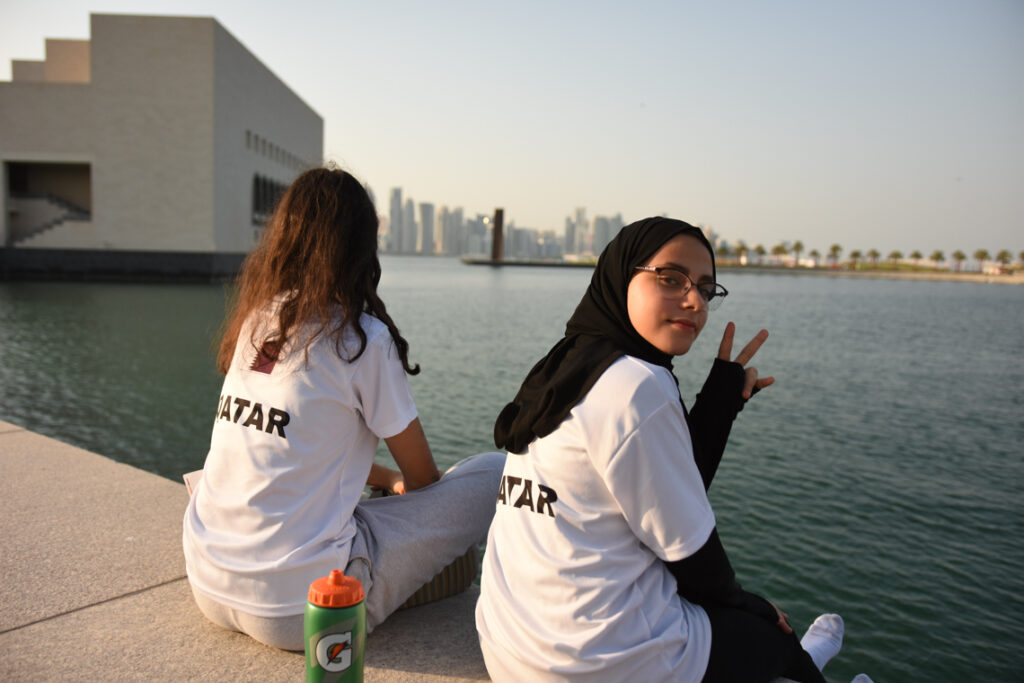
Qatar
The teams representing Qatar will be formed of kids from Assalam Schools and two Qatar Foundation schools (Qatar Academy Doha and Qatar Academy Sidra).
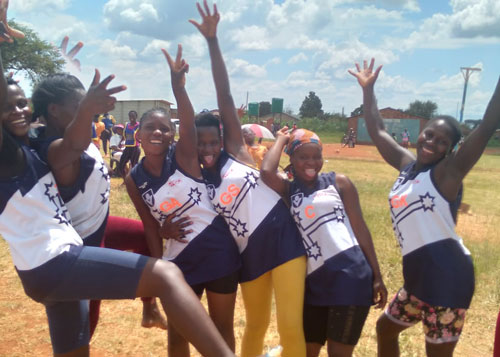
Young Achievement Sports for Development (YASD), Zimbabwe
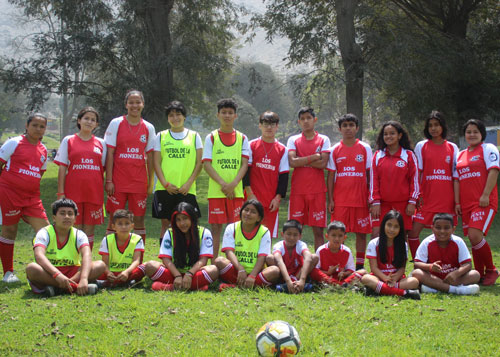
Los Pioneros, Peru
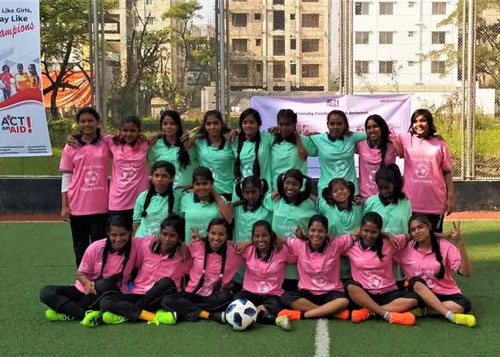
LEEDO, Bangladesh
LEEDO (Local Education and Economic Development Organization) was established to improve the lives of children forced to live in extreme difficulties and to address the needs of the growing number of vulnerable street children in Bangladesh. It works with both the able bodied and those who have special needs.
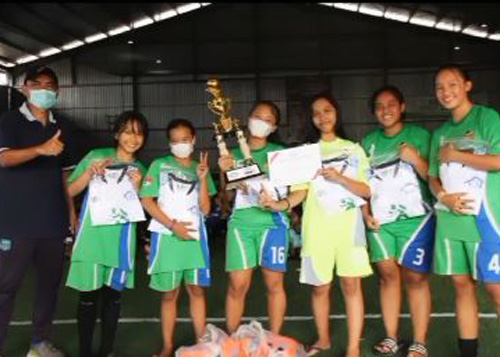
Kampus Diakoneia Modern (KDM), Indonesia

Karunalaya, India
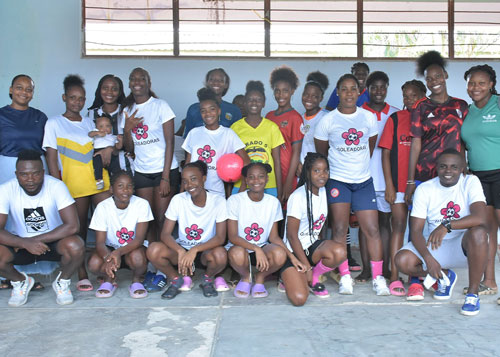
Goleadoras, Colombia
Goleadoras’ teams are based in neighbourhoods throughout Colombia with a cohort of voluntary trainers ages 18 to 25 who mentor, support and lead weekly training sessions and monthly league meets. Its mission is to empower young girls between the ages of 10-17 using soccer as a tool to teach them social-emotional skills such as leadership, communication, teamwork and resilience.
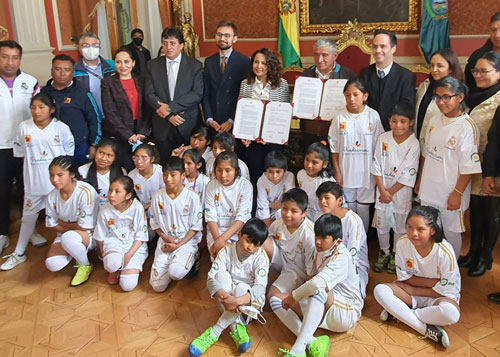
Fundacion Hogar de Ninos Alalay, Bolivia
Alalay works to effect change in the economic and social poverty conditions in high risk children, young people and families, The main problems faced by street connected young people in Bolivia are poverty, violence, social inequality, forced labour and lack of access to basic requirements (health, education).
Boys Teams @ the 2022 SCWC
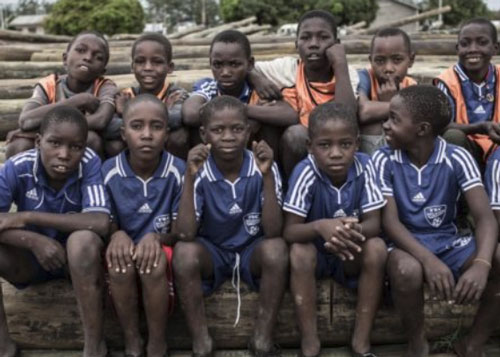
Cheka Sana, Tanzania
Check Sana’s purpose is to reduce the number of children living on the street in Mwanza and to build a better relationship between street involved children, their families, relatives and their community. Also, to reduce the numbers of young women /mothers involved in commercial sex work in Mwanza.
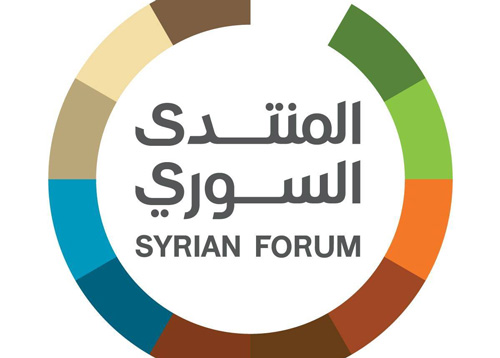
Syrian Forum, Syria
The Syrian Forum is a non-profit organisation established in 2011 dedicated to rebuilding Syrian lives through sustainable life-changing programmes and services. Since the war in Syria began, it has been able to provide aid and support to hundreds of thousands of beneficiaries through donations and partnerships.
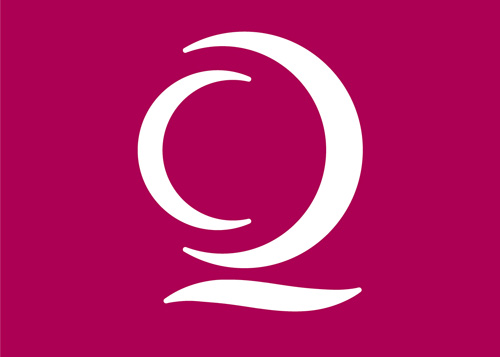
Qatar Charity, Sudan
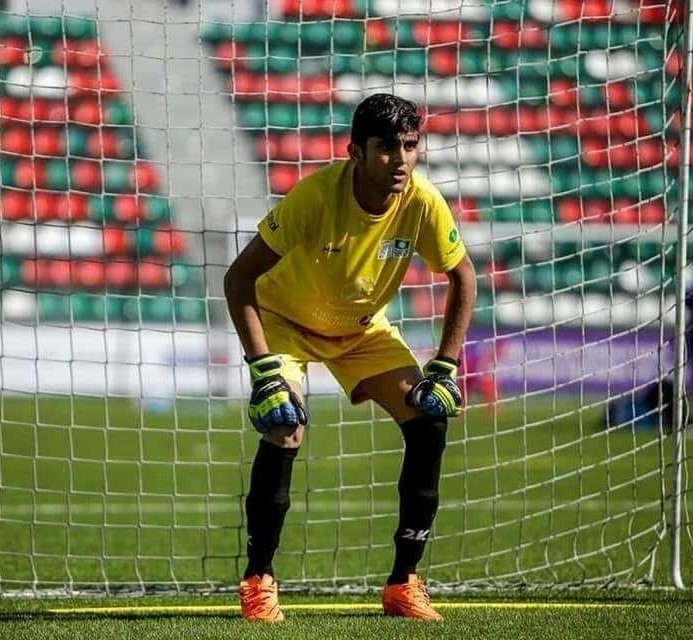
Muslim Hands, Pakistan
Muslim Hands’ purpose is to provide better means of education, as well as an environment for healthy activities and development of sports. The organization works within different social sectors in Pakistan such as education, health, sports for development, disaster preparedness and disaster risk reduction.
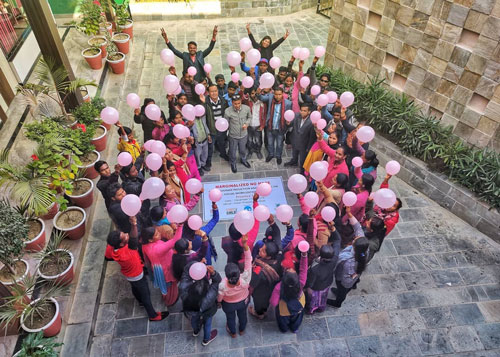
Street Child of Nepal (SCoN) + Childreach, Nepal
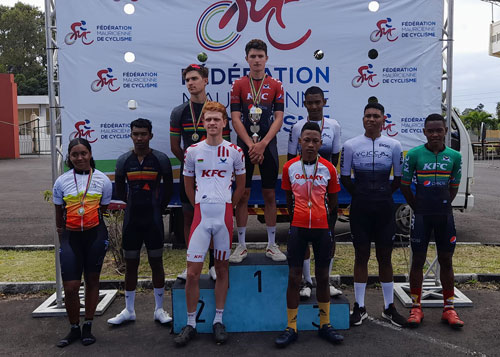
Safire, Mauritius
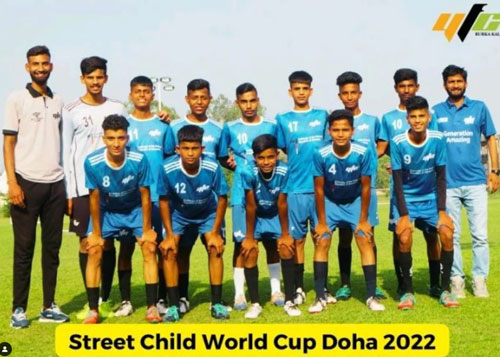
Youth Football Club (YFC), India
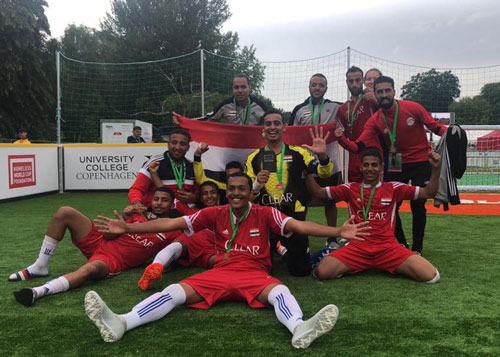
NAFAS and Ana El Masry, Egypt
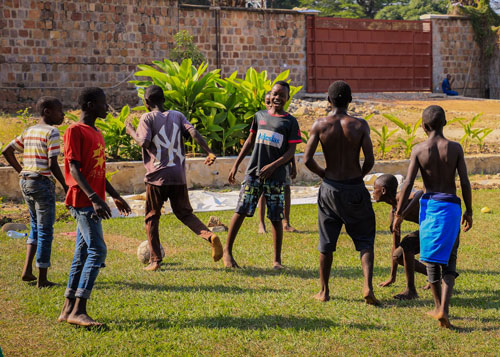
New Generation, Burundi
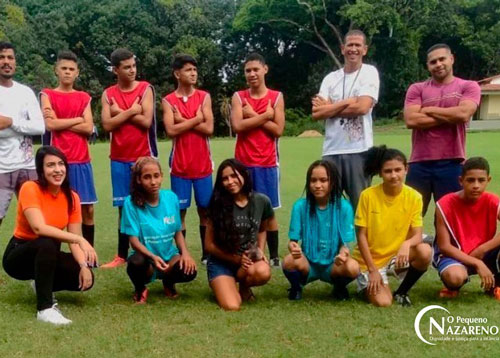
O Pequeno Nazareno (OPN), Brazil

Qatar Charity, Bosnia and Herzegovina
Past Events
Durban 2010
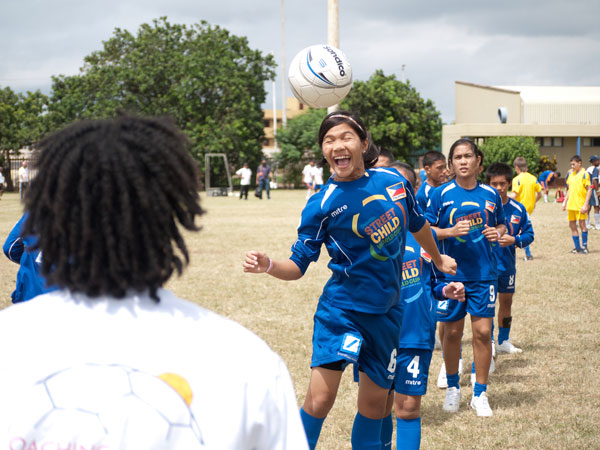
Rio 2014
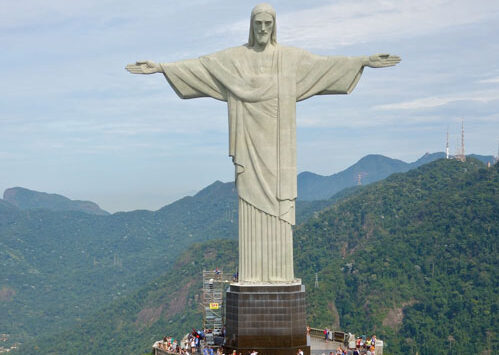
Moscow 2018
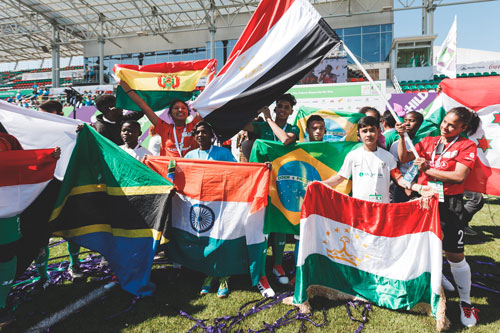

What happened in Durban, 2010?
The inaugural SCWC kicked off in Durban ahead of the 2010 FIFA World Cup in South Africa. Street children from eight countries came together for ten days of football, arts and a Congress for their rights.
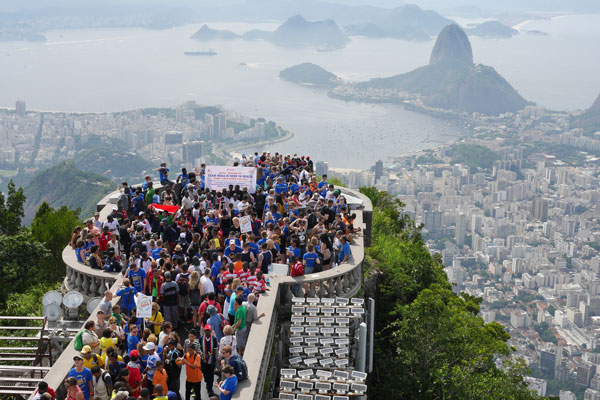
What happened in Rio, 2014?
Ahead of the 2014 FIFA World Cup in Brazil, the Street Child World Cup in association with Save the Children, united 230 street-connected children representing 19 countries to play in their own international football tournament, festival of arts and Congress for their rights.

What happened in Moscow, 2018?
The third Street Child World Cup took place in Moscow from 10 – 18 May 2018, bringing more than 200 young people from 19 countries together to campaign for the rights and protection of street-connected children.
/sport
Fans roared as the teams walked out
Wearing their national colours and carrying their countries flags, the inaugural Street Child World Cup kicked off. After group games and knock outs, the final was played between Tanzania and India. The game was 0-0 and heading towards a penalty shootout until Tanzania conceded a penalty. India 1-0 Tanzania.
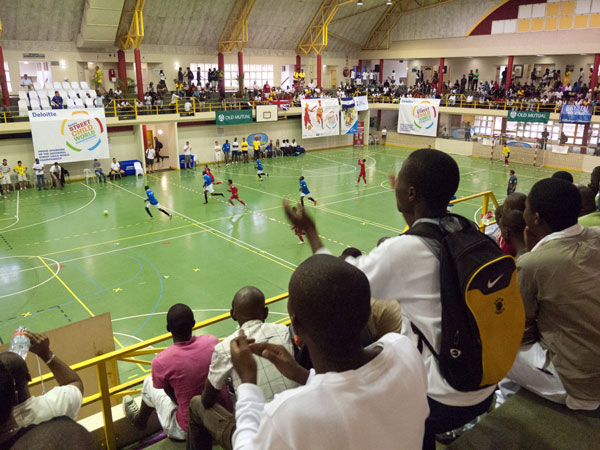
“I should be a role model to street children like me. I desire to be the best guide for them.”
Usha, Team India
/advocacy
Round-up’s stopped
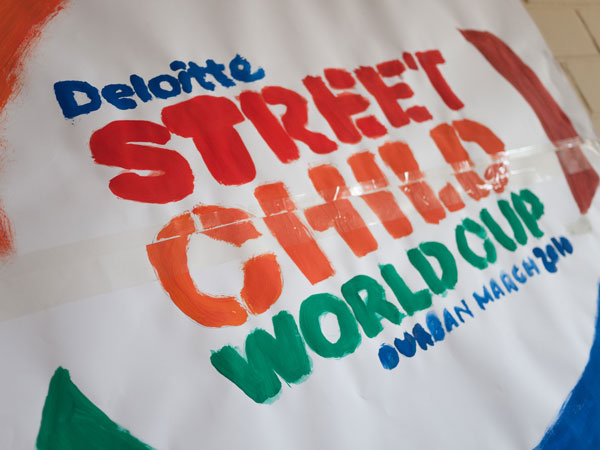
“We are determined to win – not just for ourselves, nor just for the street children of India, but for street children all over the world.”
Amrit, Captain of Team India
/art
Creative light
Alongside the football the children took part in a festival of arts, which was shown at Durban Art Gallery.
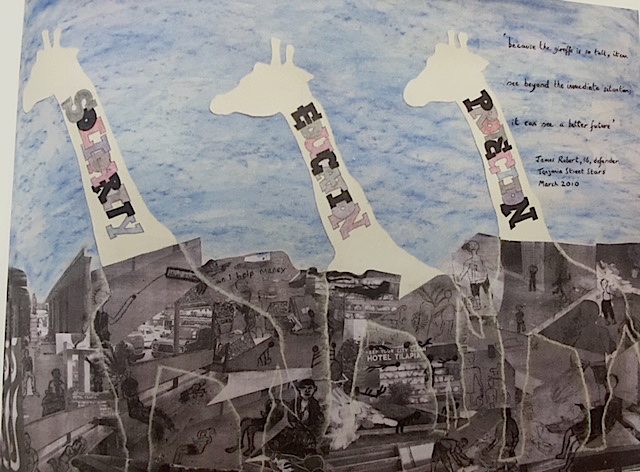
“I feel that I can do anything now.”
Marta, Team Brazil
Impact

Round-ups stopped
Media from around the world reported on the Street Child World Cup and the round-ups of street children in Durban, highlighting Umthombo’s ten-year campaign to end them. As a result, round-ups were stopped in 2010.
From here down is the Rio content
/sport
230 children, 19 countries, 1 goal
Ahead of the 2014 FIFA World Cup in Brazil, the Street Child World Cup in association with Save the Children, united 230 street-connected children representing 19 countries to play in their own international football tournament, festival of arts and Congress for their rights.
For the first time, a girls’ tournament ran alongside the boys’. Nine girls’ teams played for street-connected, homeless and at-risk girls around the world, offering a level playing field to show their potential and raise awareness of the specific challenges street-connected girls face.
Brazil were crowned champions after a close-fought match versus the Philippines 1-0.
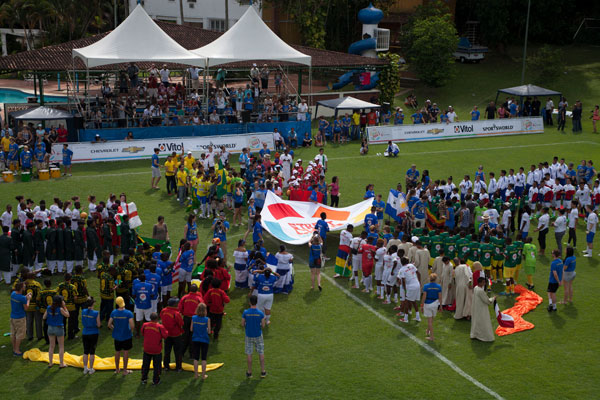
“It’s hard the situation on the streets for girls because society doesn’t see us. We are invisible.”
Blanca, Team Nicaragua
/advocacy
A global platform
Our partner organisations reported increased awareness and support for their work supporting street-connected children as a result of their participation.
Burundi’s participation helped them secure further funding, which has doubled the capacity of their education programme and enabled them to start providing accommodation to some of the children they support.
Following the Street Child World Cup, the National Secretariat for Human Rights of Brazil invited our partner organisation, O Pequeno Nazareno, to present their ‘Children are not of the streets’ policy at a national summit for street children in 2015.
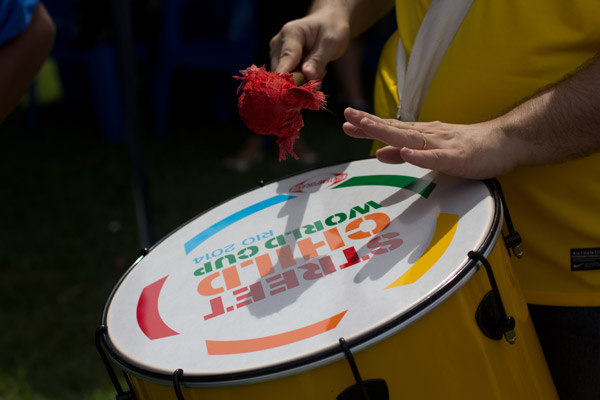
“Now I can conquer, because I have learnt that however tight I am marked, I can always score a goal.”
Olivia, Team Zimbabwe
/art
A platform for expression
Art is used to help young people be creative, make friends and express themselves. Through painting, theatre, music and dance the young people overcome language barriers, have fun, laugh together and reflect on what’s going on.
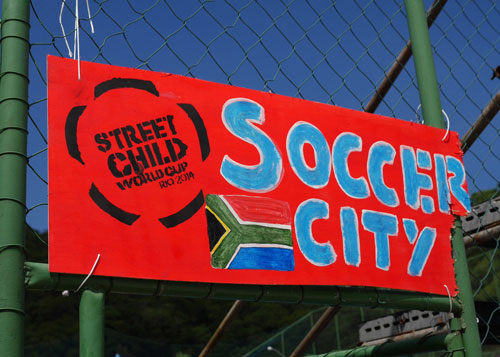
Impact
Media coverage in 20 countries
The Street Child World Cup Rio 2014 provided a global platform for street-connected children, inspiring change beyond the field. Impact included sharing key learnings, building a football field, leveraging vital funds, engaging media partners, supporting advocacy and helping discussions with Government. Find out more.
From here down is the Moscow content
/sport
Playing like the Pros.
The young people played football at Lokomotiv Moscow – the Russian Premier League Champions – were welcomed at the British Ambassador’s Residence, visited Red Square and enjoyed a boat tour of the river Moskva.
Brazil Girls and Uzbekistan Boys won the football tournaments, but all the young people are champions. The global football community supported the event, including FIFA World Cup Winner and Arsenal Invincible Gilberto Silva, Khalida Popal, Ryan Giggs, Gary Lineaker and Alan Shearer.
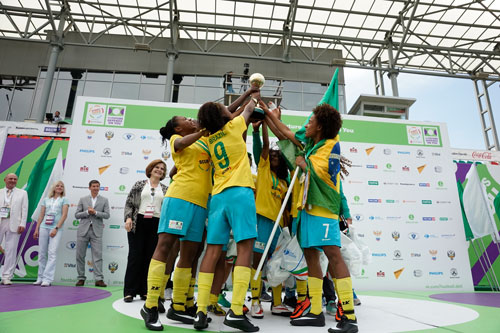
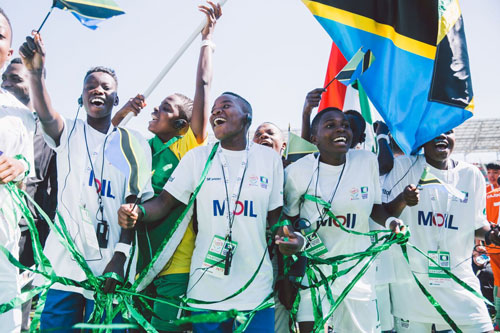
"We demand to be treated as children and people, not as a piece of trash."
Hendra, Team Philippines
/advocacy
Treat us like humans!
Julia was one of 23 young people speaking on behalf of the teams taking part in the Street Child World Cup Moscow 2018 and the millions of street-connected young people across the world.
The young people’s statements addressed the situation of street-connected children in their countries. Collectively they called for an end to the stigmatisation of street-connected young people, protection and support from their governments, for all children to receive a legal identity at birth and access to education and healthcare.
The message spread far beyond the people present that day – the Street Child World Cup Moscow 2018 was reported on in every country that took part, and many more, reaching an audience of millions.
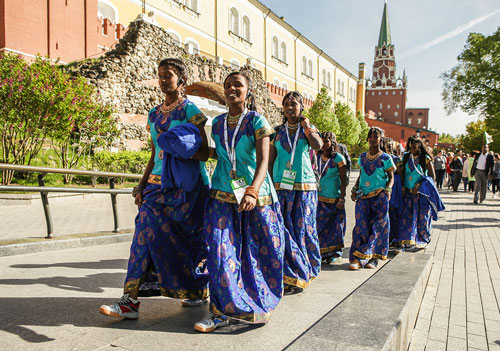
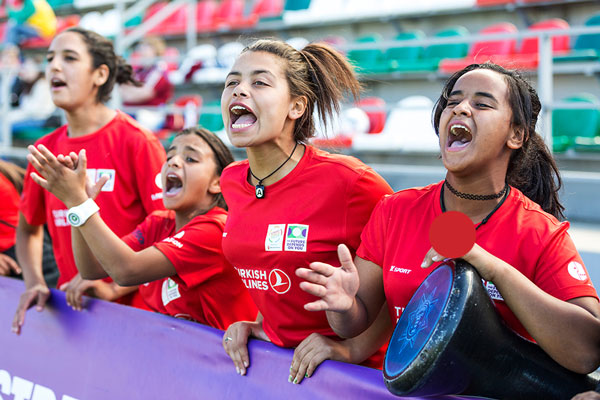
“We are the youth holding the world accountable for the right to life, liberty and the pursuit of happiness.”
Juliana, Team USA
/art
World Champion Gilberto Silva attended the exhibition.
The young people had crafted their messages through Congress workshops, which were run over the course of the previous week. The Congress workshops were led by StreetInvest, our Official Child Participation Consultant and Facilitator for the Congress.
The General Assembly and art exhibition was attended by FIFA World Cup winner Gilberto Silva as well as the ambassador of Burundi, and representatives of the British and Brazilian embassies. The event was hosted by Street Child United Alumni, young people who have taken part in previous Street Child United events and are now working to support other young people from similar backgrounds.
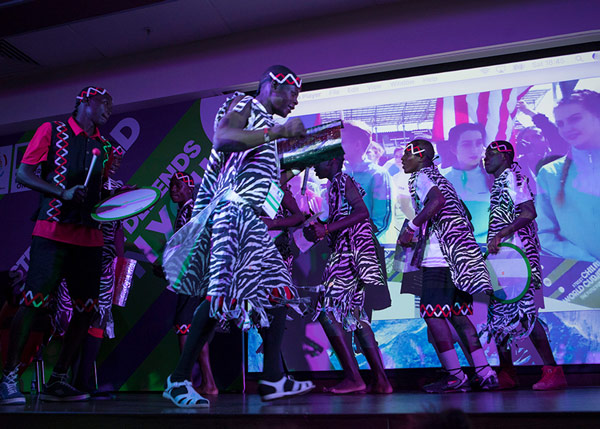
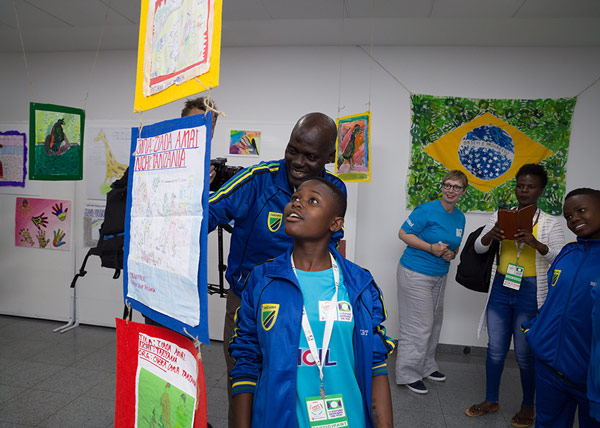
"The most important thing for us is peace around the world. People should become kinder."
Alex, Team Russia
Impact

Leaders of the world heard us!
Through taking part in the Street Child World Cup Moscow 2018, seven teams (Bolivia Girls, Burundi Boys, Indonesia Boys, Mauritius Girls, Nepal Boys, Pakistan Boys and Tanzania Girls) have been able to take their young people’s messages directly to their governments.
